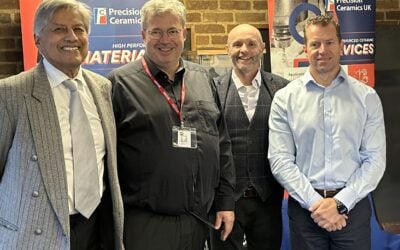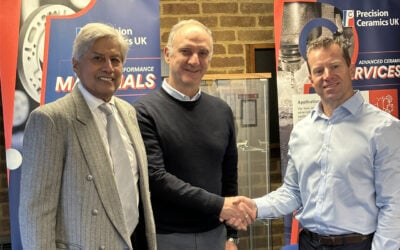The commercial use of fusion reactors is moving forward with critical research being carried out in the U.K. at the MAST (mega amp Spherical Tokamak). The research carried out here will be fed directly into the new giant ITER (International Thermonuclear Experimental Reactor) in France.
The critical area for commercialising nuclear fusion as a low carbon energy source is the exhaust process, the fusion reactors need to be small units to allow easy use, but miniaturising the system constrains the extreme temperatures within a smaller chamber, and as the exhaust temperatures currently are more like the heat generated on a spacecraft re-entering the earth’s atmosphere, what is required is an exhaust temperature closer to that of an operating car engine.
MAST is focused on reducing the temperatures and extending the life of the components in the exhaust system, as constant replacement of components would detract from the efficiency of the system. MAST has developed Super-x, this is a combination of high-temperature materials and extending the exit path of the plasma and spent fuel to allow and control temperature reduction.
ITER depends on the data generated by MAST to develop this critical area, and the Super -x system has shown positive initial results which makes this carbon-free energy system a much more likely proposition.
Read the original article from the BBC: https://www.bbc.co.uk/news/science-environment-57232644
Related topics:
Science Industry
Precision Ceramics has a proven history scientific fields, making bespoke components to individual designs and manufacturing these where required for some of the world’s major scientific experiments.

About Precision Ceramics
Precision Ceramics is a company dedicated to engineering high performance customised ceramic solutions for the most demanding environments in an ever-widening field of cutting-edge applications and rapidly advancing technologies.





